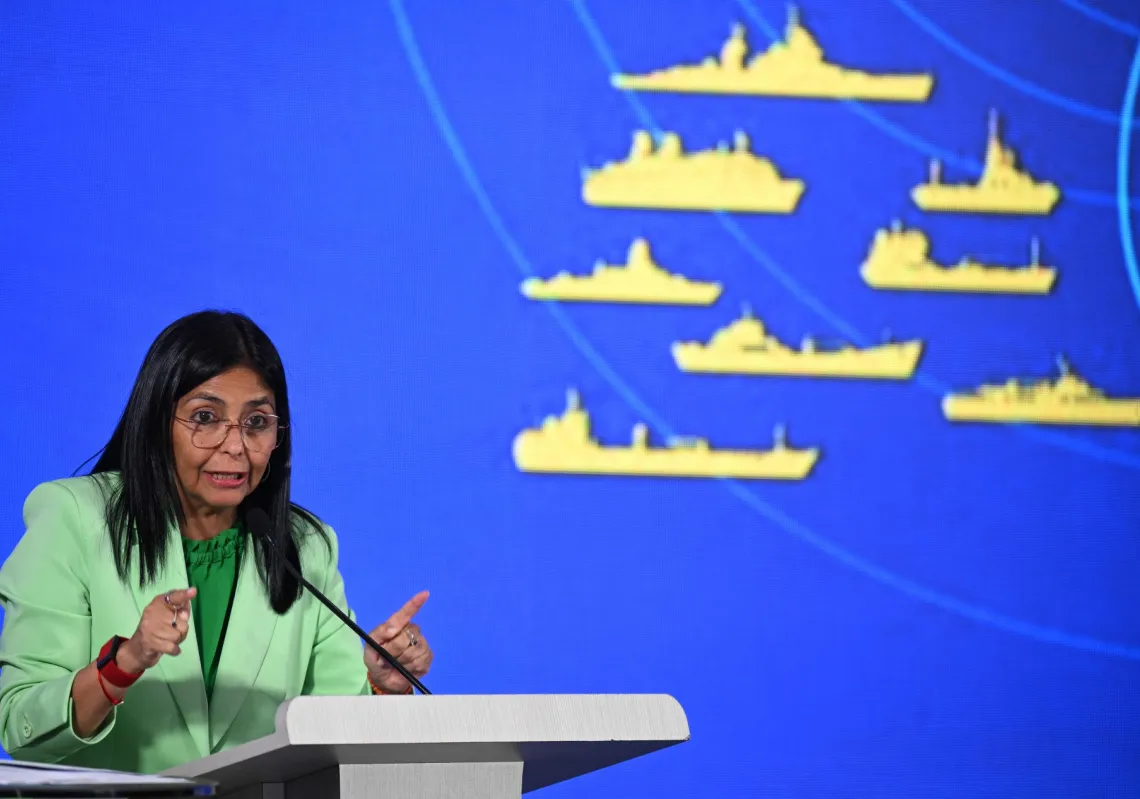Gulf countries in general and Saudi Arabia in particular have long understood the need to face Yemen’s economic collapse, as demonstrated by the millions of dollars in aid to Abdullah Saleh’s government. Most importantly, negotiations for Yemen to join the GCC were initiated several years ago. Yemen’s accession to various GCC bodies/institutions has already been approved. Yet, there is a feeling that, since 2008, the process suffered a delay, to which the deteriorating security scenario in Yemen certainly contributed. And now the central issue about Yemen’s accession is likely to become timing. Yemen might not be able to afford waiting until 2016 or 2017—the date that has been put forward—to join the GCC.
Not to argue that Yemen should be integrated into the GCC in the short term as an equal member. GCC members naturally fear Yemen’s big—roughly 23 million—young and poor population, and there might also be some reservations regarding Yemen’s different political system. As Dr Joseph A. Kechichian, an expert on Gulf affairs explains, “the question that faces the alliance [GCC] is whether such participation can be channelled to serve all member-states, or whether it will drag the region down.” In very crude terms, one might ask what has poor and conflict ridden Yemen to offer to rich and stable Gulf countries? Yet, the real issue is how threatening a potential collapse of order in Yemen can be to the GCC countries.
Take the EU case. It first integrated both politically and economically stable countries such as Czech Republic, Slovakia or Malta. And today, recently conflict-ridden countries like Croatia and Bosnia Herzegovina are official candidates. The EU strategy is the adoption of a conditionality policy, the “Copenhagen Criteria” that candidates have to meet before joining. It includes being a stable democracy, the respect for human rights and the rule of law, and a functioning market economy. What is more, the stability and prosperity of most of the European continent and not only of EU members lies in the crucial role the EU has played not only through integrating new members, but in the stabilization of the so-called EU neighbourhood, particularly in the Balkans.
Parallels aside, there are obviously huge differences between Yemen’s potential accession to the GCC and the EU case. One of these differences lies in the fact that Yemen can hardly afford a long dragging Turkey-like process and take a decade or more to join the GCC—its oil reserves will likely run out before that. There is, however, a mid-way between not joining and being a full member of the GCC. Going back to the EU case, the new member states do not join the Schengen space or the Euro currency zone immediately if they are not prepared to do so. In the same way, Yemen could be offered a conditional and phase-by-phase integration into the GCC.
What should then be the priority of GCC countries in Yemen: stabilize the security situation first, or place the efforts on economic reconstruction? The most sensible answer is plenty of both. Security in Yemen will not make any significant progress until the real sources of instability—particularly poverty and unemployment—are met. At the same time, a more stable climate is needed to address Yemen’s economic collapse, for which the truce agreed early this year between the Houthis and the Yemeni government is an important start.
Manuel Almeida








